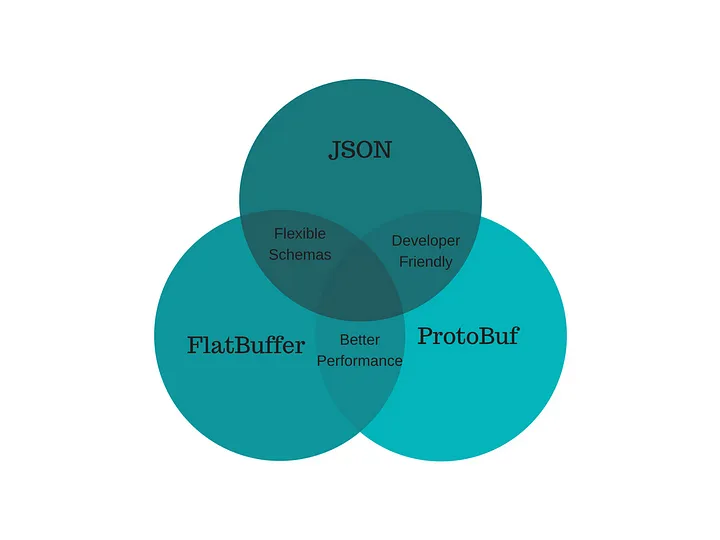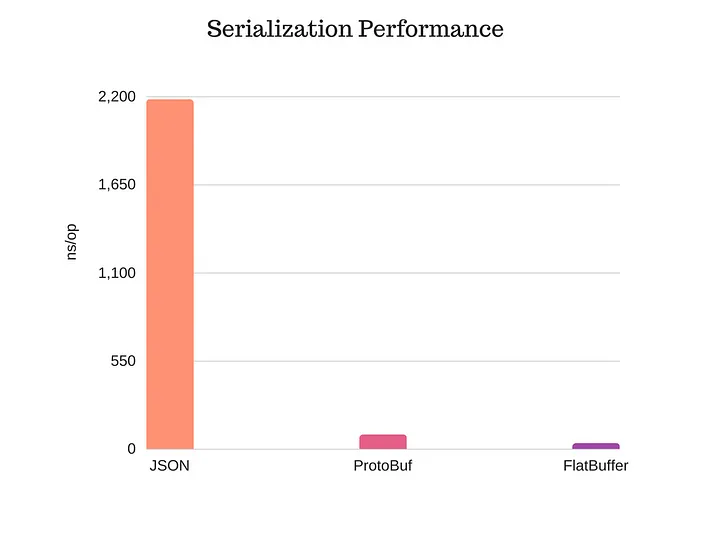Trunk Based Development
Protocol Buffers are language-neutral, platform-neutral extensible mechanisms for serializing structured data.
- by Protocol Buffers Documentation
What Problems do Protocol Buffers Solve?
- Protocol buffers are the most commonly-used data format at Google. They are used extensively in inter-server communications as well as for archival storage of data on disk. Protocol buffer messages and services are described by engineer-authored
.protofiles.
The following shows an example message:
message Person {
optional string name = 1;
optional int32 id = 2;
optional string email = 3;
}The proto compiler is invoked at build time on .proto files to generate code in various programming languages (covered in Cross-language Compatibility later in this topic) to manipulate the corresponding protocol buffer.
The following shows you an example that uses those generated methods:
Person john = Person.newBuilder()
.setId(1234)
.setName("John Doe")
.setEmail("jdoe@example.com")
.build();
output = new FileOutputStream(args[0]);
john.writeTo(output);What are the Benefits of Using Protocol Buffers?
Some of the advantages of using protocol buffers include:
- Compact data storage
- Fast parsing
- Availability in many programming languages
- Optimized functionality through automatically-generated classes
Who Uses Protocol Buffers?
Many projects use protocol buffers, including the following:
vs JSON vs FlatBuffer

When to use JSON
- You need or want data to be human readable
- Data from the service is directly consumed by a web browser
- Your server side application is written in JavaScript
- You aren’t prepared to tie the data model to a schema
- You don’t have the bandwidth to add another tool to your arsenal
- The operational burden of running a different kind of network service is too great
Pros of ProtoBuf
- Relatively smaller size
- Guarantees type-safety
- Prevents schema-violations
- Gives you simple accessors
- Fast serialization/deserialization
- Backward compatibility
While we are at it, have you looked at flatbuffers?
Performances
